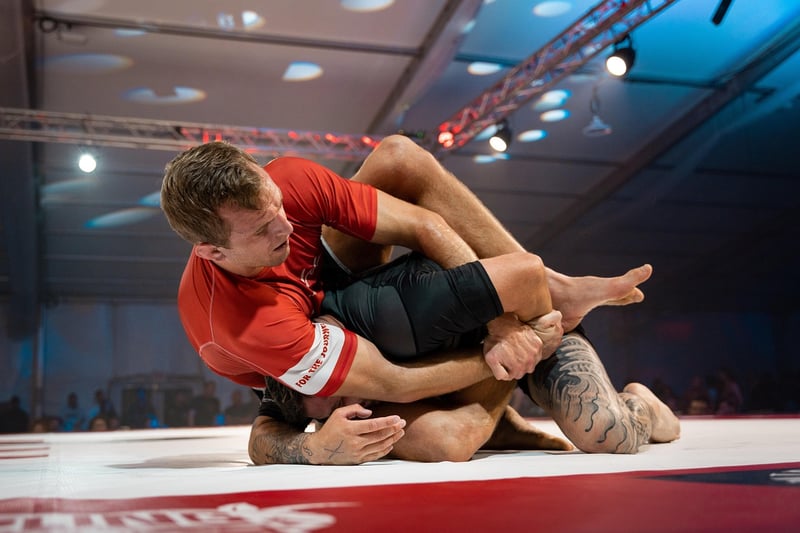Jiu-Jitsu
The Art of Discipline and Self-Defense: A Guide to Jiu-Jitsu

Jiu-Jitsu is not just a martial art; it's a way of life that instills discipline, self-control, and the ability to defend oneself effectively. Through its structured techniques and principles, Jiu-Jitsu offers a holistic approach to personal development and self-defense.
The Importance of Discipline
Discipline is a fundamental aspect of Jiu-Jitsu training. It teaches practitioners to stay focused, dedicated, and consistent in their practice. The rigorous training regimen helps develop mental fortitude and resilience, essential qualities both on and off the mat.
Self-Defense Techniques
One of the primary goals of Jiu-Jitsu is to equip individuals with practical self-defense skills. By learning how to leverage body mechanics, joint locks, and submission holds, practitioners can defend themselves against larger and stronger opponents effectively.
The Role of Structured Techniques
Jiu-Jitsu is known for its intricate techniques and strategies that require precision and timing. Practitioners learn how to execute various moves seamlessly, emphasizing the importance of technique over brute strength. This focus on technique not only enhances effectiveness but also minimizes the risk of injury.
Benefits of Practicing Jiu-Jitsu
- Improved physical fitness and flexibility
- Enhanced mental clarity and focus
- Increased self-confidence and self-esteem
- Stress relief and relaxation
- Stronger sense of community and camaraderie
Get Started with Jiu-Jitsu
If you're interested in exploring the world of Jiu-Jitsu and reaping its benefits, consider joining a reputable martial arts academy or gym that offers Jiu-Jitsu classes. Remember that progress in Jiu-Jitsu is a journey that requires dedication, perseverance, and an open mind.
Embark on your path to discipline, self-defense, and personal growth through the art of Jiu-Jitsu!
References: The Importance of Discipline in Jiu-Jitsu
